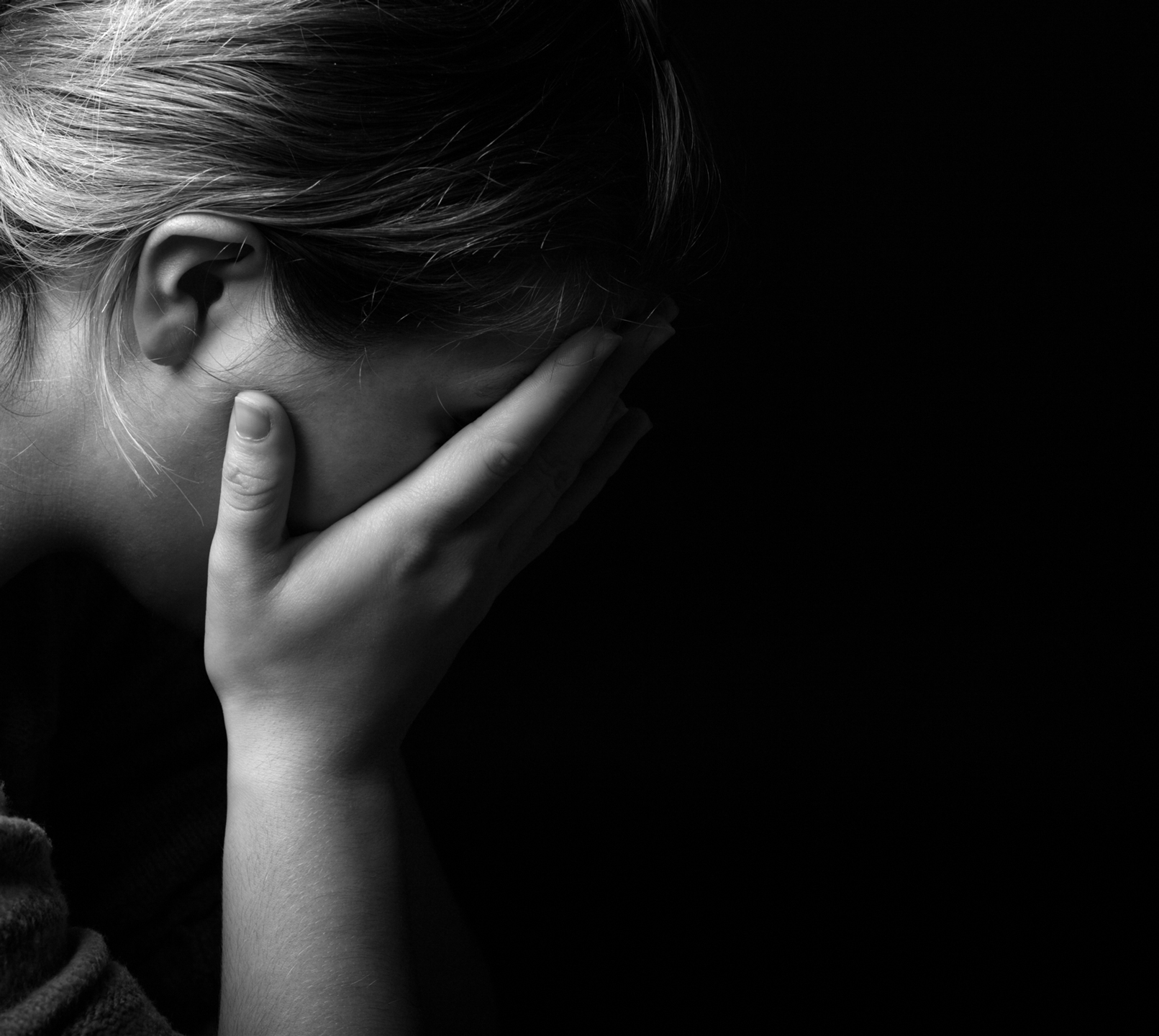
16 Nov What To Do When You’re Not Coping: Postnatal Depression
We talk to one women about being part of a defence-force family and postnatal depression.
Abelia’s Story
Postnatal depression hit me like a steam train soon after our second born made her way into the world. My husband’s work as a doctor in the Royal Australian Navy required him to be in Pakistan and Canada for 13 weeks leading up to our daughter’s birth. When he returned home, I was 37 weeks pregnant and juggling a two year old.
Before The Birth
Two days before our daughter was born, my husband received a call from work to say our family was being moved interstate for a two-year posting. It was no surprise he could be deployed at any time, but we hadn’t anticipated how challenging this would be. After hours of discussion, we decided I would stay in Sydney with our children, close to our support network. My husband was able to negotiate and when our daughter was eight weeks old he worked away for six months, returning for the odd weekend.
After The Arrival
During this time, the challenges of having two young children and running a household were compounded by the sleepless nights and limited family support. Each time my husband phoned to ask, “What can I do to help you?” my reply was the impossible, “Come home”.
Friends now ask me how I coped, and my response is always the same. “I didn’t.”
I dreaded going to bed at night, because although desperately tired, I couldn’t sleep. I also dreaded waking up in the morning, because I knew I had another 13 hours to ‘get through’ before I could put the kids to bed again.
I Didn’t Know I Needed Help
Unfortunately, I didn’t realise how much I was struggling. Alarm bells should have rung when I said to my husband, “I’ve Googled the closest psychiatric facility, but they don’t have a creche!” My internal mantra that ‘there are people out there much worse off than me’ didn’t help either.
When my husband had been back for a few months and our daughter was approaching her first birthday, a friend suggested trying medication. I’d always been opposed to this, but it suddenly occurred to me that, like labour, I had little control over my body and the chemical imbalance in my head. I was sick and ‘trying to cope’ wasn’t working.
Finally I Saw a Doctor
I consulted my GP, who wrote a referral for counselling and a script for a commonly prescribed anti-anxiety drug. The medication changed my life. Within days I was feeling level: I wasn’t in a fog or high in a cloud and I wasn’t snappy or anxious. I just felt like I could wake up and see a calm path through my day.
In fact, just three days after starting medication I iced dozens of cupcakes for our kids’ birthday party.
We had 20 toddlers and 30 adults in our backyard, and I couldn’t have felt more relaxed. It was as though the anxiety triggers could be compartmentalised in my head, like a list of priorities.
Unlike years ago, postnatal depression is now discussed in the media, at ante and postnatal hospital check-ups and with GPs. High-profile mums have raised awareness for the condition, making it easier for people to recognise. I found the medication worked best alongside counselling.
These sessions gave me the opportunity to develop strategies for dealing with the difficulties I was facing.
If I were to have my time again, I would seek medical and psychological help straight away. I don’t know if my anxiety has affected the kids (I’m sure I’ll bring out the mother-guilt card when I think it has), but I do know life would’ve been a whole lot easier had I sought professional help earlier. I took the medication for a year and it wasn’t easy to wean myself off, but I knew I was ready and could employ the coping strategies I’d learned.
As baby number three nears their arrival, I’ve made a commitment to myself that this time I’ll do things differently. If I have any sense that things are off balance I’ll be speaking with my GP. I won’t hesitate to ask for help and I won’t pretend that I’m coping.
How To Find Support
National Perinatal Depression Helpline: 1300 726 306
Post and Antenatal Depression Association (PANDA)
beyondblue: 1300 224 636
Words By Abelia Hissink

